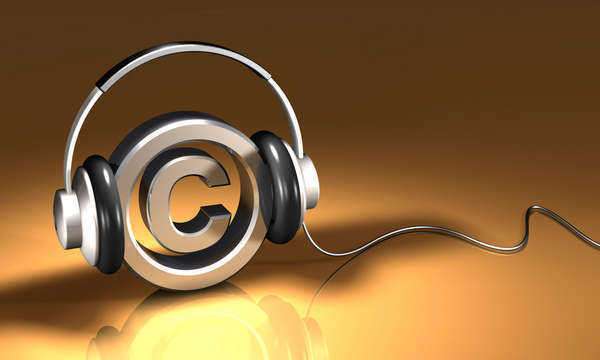Easy Guide On How to Copyright a Song
Copyright laws in the United States protect an individual's work from being recreated, distributed, and sold for a profit. When an individual creates a poem, a story, a song, or seemingly any product that is original, their works are protected, once they are made tangible, under copyright laws in the United States. The copyright, which lasts 70 years, is instituted once the piece becomes solidified. When it is printed out or written it becomes their work. That being said, if the creation is replicated and then distributed illegally the individual can face complications when attempting to seek a reconcilement for their stolen property.
The troubles associated revolve around the public record. To quell this matter, an individual should obtain the recognition from a local or Federal Government agency. In addition, the copyright symbols distributed by Government agencies will vary based on the creation. For instance, a song requires a difference copyrighting procedure than a poem.
To copyright music or a song an individual must make their lyrics tangible and record the song. Once the song is recorded and saved on a computer or compact disk, the work becomes their own property. In addition, when the lyrics are affirmed in a written form, the exact wording of the song becomes their own property.
To further copyright a song, the individual should contact (via telephone or Internet) the U.S. Copyright Office. To copyright a song (lyrical form), the individual should use the U.S. Copyright Office's PA form. To copyright music, meaning a recorded song, the individual should use the SR form. A fee is commonly attached to the application, as well as questions regarding the creation of the song or music.
